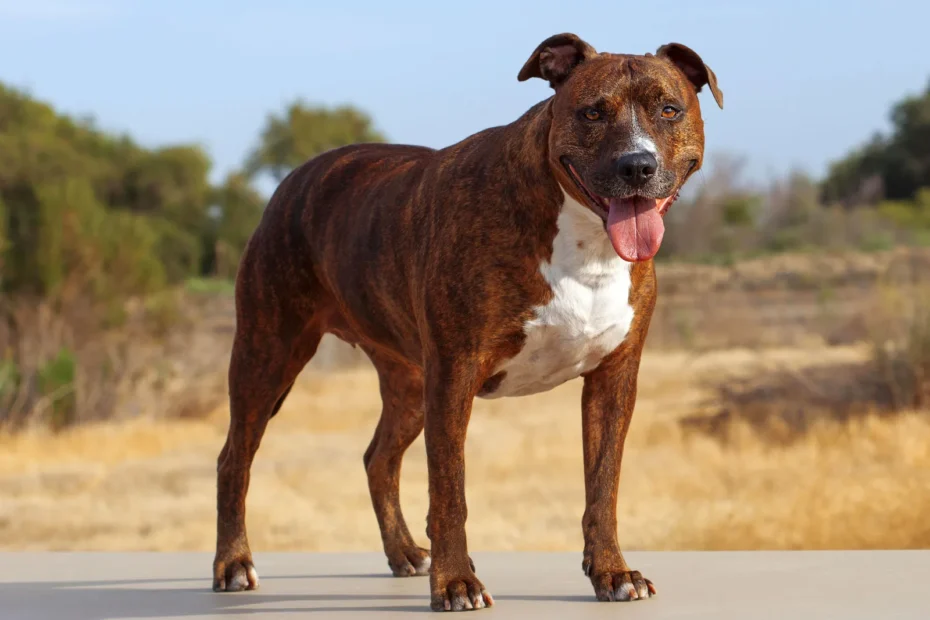Introduction The term “Pit Bull” is often used to describe several breeds of dogs that share similar physical characteristics and lineage from the original bull-baiting dogs and terriers. Understanding the different breeds classified under this general umbrella can help potential dog owners make informed decisions about which variety might fit best with their lifestyle.
Understanding Pit Bull Types It’s crucial to clarify that “Pit Bull” is not a breed but a categorization that includes several distinct breeds. These dogs are known for their strength, intelligence, and loyalty, but they are often misunderstood due to media portrayal and legislation.
American Pit Bull Terrier The American Pit Bull Terrier is perhaps the most famous of the Pit Bull types. Known for their athletic build and determination, these dogs are energetic and need plenty of exercise. They are incredibly loyal to their families, friendly, and good-natured, making them excellent pets with proper training and socialization.
American Staffordshire Terrier Similar in appearance to the American Pit Bull Terrier, the American Staffordshire Terrier is slightly bulkier and is recognized by the American Kennel Club. AmStaffs, as they are affectionately known, are known for their courage and high energy levels. They are typically very friendly and manageable with early socialization.
Staffordshire Bull Terrier Often referred to as “Staffies,” these dogs are known for their robust and muscular build, courage, and affectionate nature. Despite their formidable appearance, Staffordshire Bull Terriers are incredibly friendly and are often considered excellent family pets, particularly noted for their patience with children.
Bull Terrier Distinctive for their egg-shaped head, Bull Terriers are part of the Pit Bull group due to their origins. They are playful and endearing, with a slightly more mischievous streak than their counterparts. Bull Terriers require firm training and are known for their exuberant personality.
American Bully The American Bully is a newer breed, which has been bred primarily as a companion animal. These dogs are broader and have a more relaxed temperament compared to the traditional American Pit Bull Terrier. They are muscular, but their demeanor is gentle and friendly.
Caring for Your Pit Bull Regardless of the breed, Pit Bulls require regular exercise to manage their energy levels and a diet that supports their muscular build. Routine veterinary care, along with proper diet and exercise, is crucial to keeping them healthy.
Training and Socialization Early training and socialization are vital for any Pit Bull type. These dogs are eager to please and can excel in obedience with the right guidance. Socialization helps mitigate potential aggression issues, especially towards other dogs.
Legal and Social Considerations Potential owners should be aware of breed-specific legislation in their area that may affect Pit Bull ownership. The stigma associated with these breeds can also pose challenges, requiring owners to be advocates for their pets.
Adopting a Pit Bull If considering a Pit Bull, look to adopt from shelters or rescue organizations. If buying from a breeder, ensure they are reputable and responsible, prioritizing the health and temperament of their animals.
Conclusion Owning a Pit Bull type dog can be incredibly rewarding. These dogs offer loyalty, affection, and protection and thrive in active households. Understanding and respecting their needs ensures a harmonious relationship and a happy, healthy dog.
FAQs
- Are Pit Bulls good family dogs?
- How much exercise does a Pit Bull need?
- What should I feed my Pit Bull?
- How can I find a reputable Pit Bull breeder?
- What are the challenges of owning a Pit Bull?
